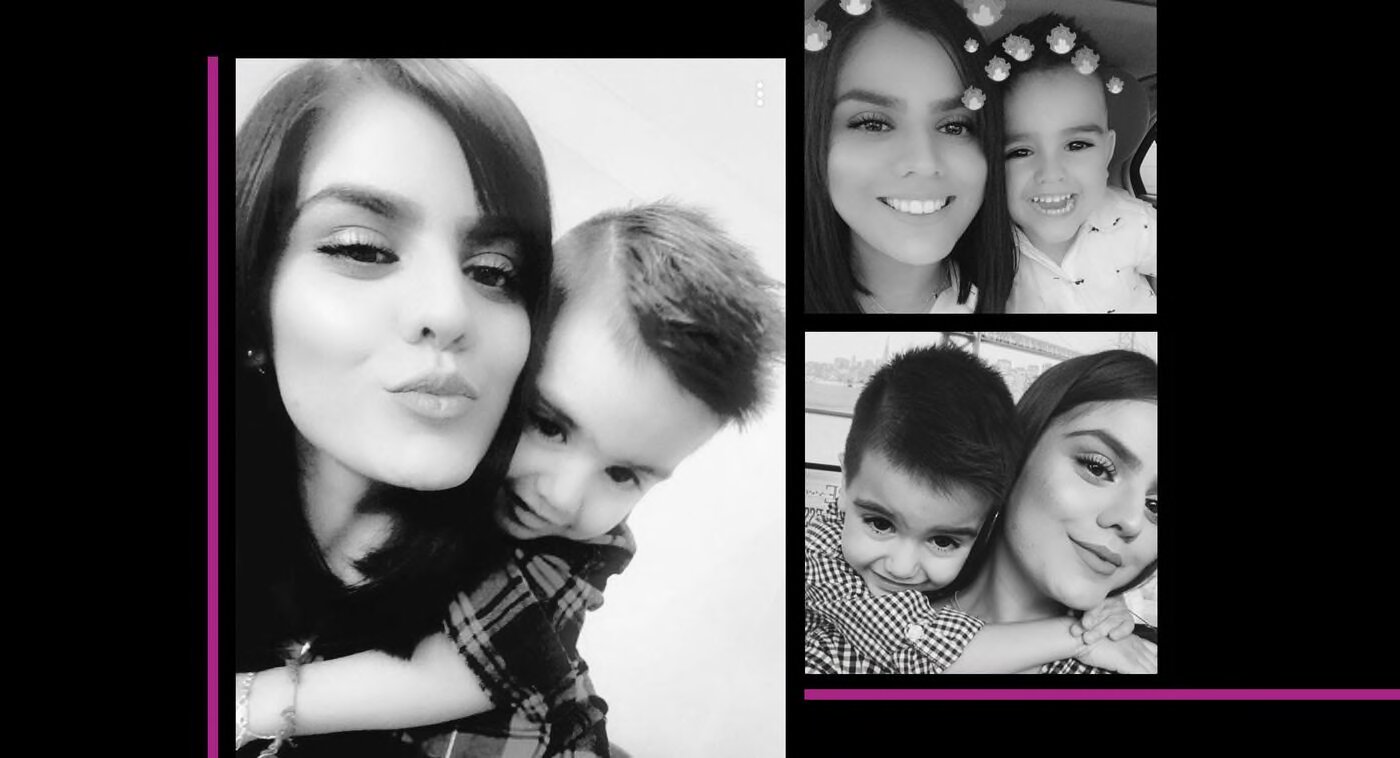Read the full article article here.
In the tormented, sleeping corners of Mariana Ibarra Morán’s mind, the same nightmarish scene flits through her head on a loop.
It is February 2016, and she is standing in front of a woman wearing the uniform and insignia of Immigration and Customs Enforcement.
The then 21-year-old would later wonder if this woman was a mother.
The woman hands her a blue jumpsuit and commands her to put it on. Only then does Morán realize that she is being detained. Outside, her older sister is waiting with Morán’s 6-month old son. They wait for nearly five hours for Morán to come out before eventually heading home.
The baby is hungry. It’s time for him to nurse.
A few weeks before being summoned by ICE, Morán had made her way over the Bridge of the Americas connecting Ciudad Juárez to El Paso, Tex., and presented herself at a port of entry with her mother, sister and 6-month old son in hopes of receiving asylum.
Morán’s case had made headlines in Mexico. One of the border patrol agents on the American side had even read about her in the papers: The woman who had been kidnapped and beaten in a Juárez prison for two nights by her son’s father while prison guards looked the other way. On the third day of her captivity, he had let her go to the bathroom to clean the blood from her mouth — one of his blows had made her bracelet pierce her lip.
She managed to dial her mother, who promptly alerted the press, who quickly swarmed the prison.
That call may have saved Morán’s life. It also put her, and her entire family, in the crosshairs of both the government and the cartels. Morán’s public denunciations of government corruption had made plain what so many in Juárez knew but rarely said out loud. The cartels had castrated the government to such an extent that even the prison was their personal fiefdom.
The year before, Chihuahua state officials had, embarrassingly, proclaimed that they had wrested back power from criminal gangs inside the state’s prisons, touting in a 2015 report that the state had achieved “a total transformation.”
To make matters worse for the government, just 11 days after prison officials were forced by the cameras to let Morán go, the same prison in which she was held was set to receive the Pope.
“Never forget,” he would say to some of the very guards who had sat idly by as Morán was brutalized, “that all of you can be signs of the Father’s heart.”


 Rikha Sharma Rani
Rikha Sharma Rani
